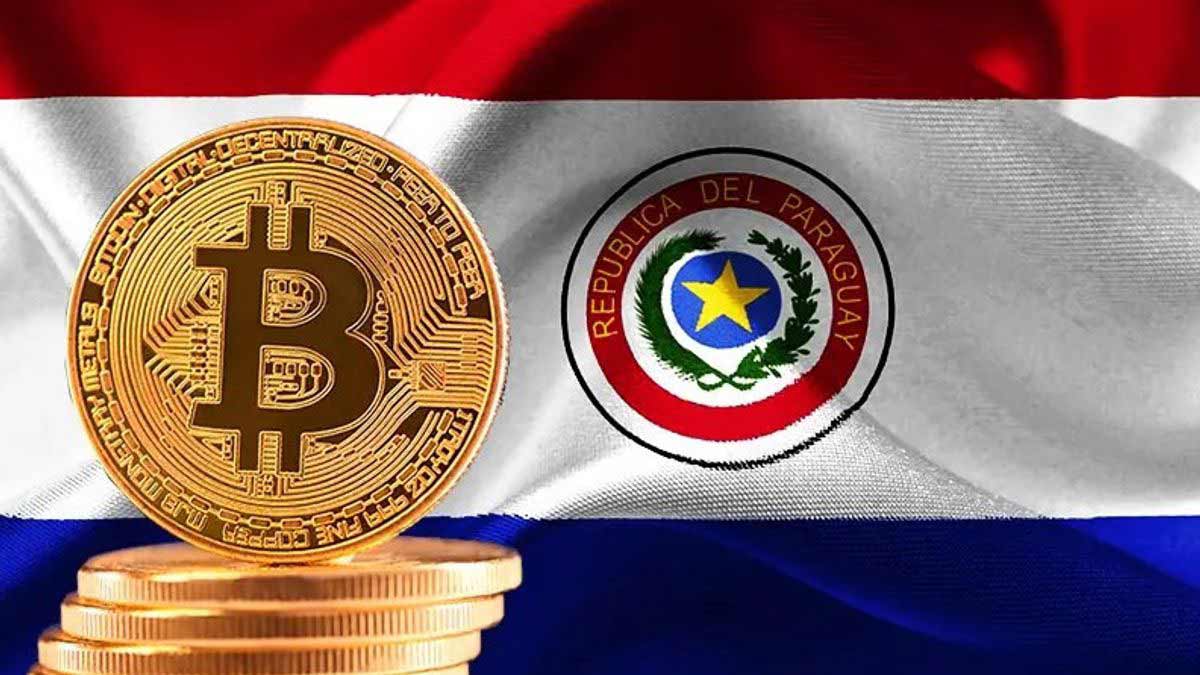Paraguayan MP Carlitos Rejala has said that bitcoin will be legal tender in the country in 2023.
Moneda de curso legal #bitcoin en el 2023
Legal Tender #bitcoin in 2023#bitcoin #btc
— Carlitos Rejala
(@carlitosrejala) July 30, 2021
In fact, Rejala had already made similar statements in the past, although it turned out that they had generated excessive expectations.
Rejala in fact belongs to a small party that plays a marginal role in the country but is apparently working with the government majority to try to facilitate the use of BTC in Paraguay.
He is not part of the government, but his work in Parliament seems to be carried out in close contact with the government majority since indeed some of the initiatives he announced in the past have been successful.
However, a distinction must be made between Rejala’s public statements and the results actually obtained, or achievable, as he tends to make very obvious and optimistic propaganda, often generating excessive expectations that are then decisively downgraded by reality.
However, it must be said that in El Salvador, another Latin American country, bitcoin has already been declared legal tender by the parliament, and will come into full effect in this capacity as early as September.
So today’s statement by Rejala does not seem at all absurd, and may even be realistic. Surely it is at least plausible.
The year 2023 is still a long way off, and El Salvador’s experience shows how simple and quick it can be to declare bitcoin legal tender in similar states.
There is, however, an important difference with Paraguay. Indeed, in El Salvador, the government majority is very large and solid, while in Paraguay it is much less so. On the one hand, this means that even small parties like Rejala’s can play an important role, but on the other hand it means that decision-making processes can be much slower.
In fact, in El Salvador, the decision was made quite quickly, compared to the common political timelines, whereas in Paraguay the process is much slower. Moreover, there is no certainty that the current majority will hold until 2023.
Another important difference lies in the availability of electricity to mine bitcoin.
Indeed, both countries could make a profit by using cheap, locally produced electricity to mine bitcoin, but while El Salvador’s is very limited, Paraguay has plenty of it, mainly thanks to hydroelectric plants that produce renewable energy.
In any case, Carlitos Rejala’s tweet reveals that bitcoin will not be declared legal tender in Paraguay any time soon.
The post Bitcoin legal tender in Paraguay too? appeared first on The Cryptonomist.






















